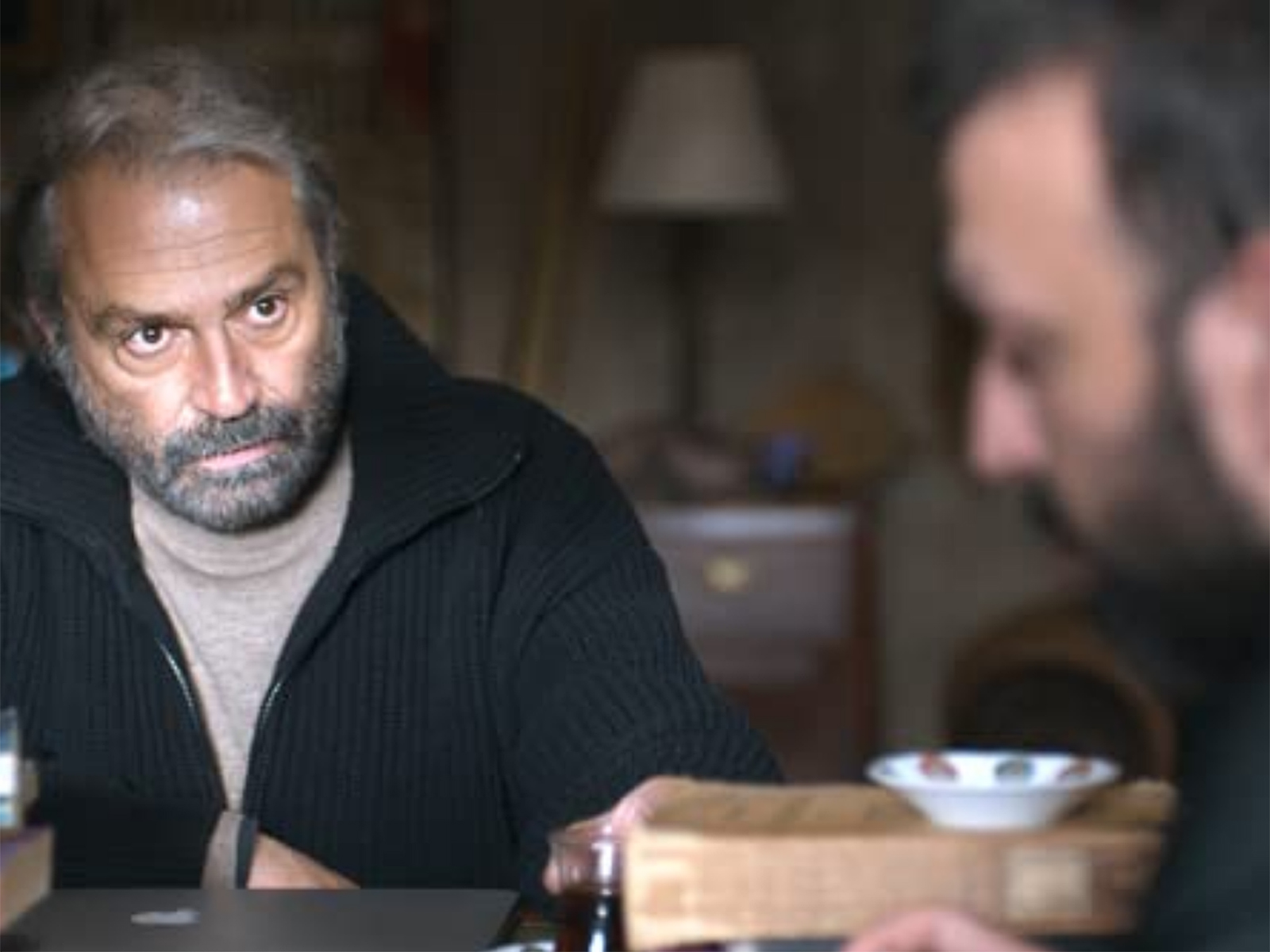
- Film
Turkish Film: An Industry Defined by Politics
The 1923 establishment of Turkey as a Republic delivered the coup de gråce to the Ottoman Empire, and the country’s president, Mustafa Kemal Atatürk, encouraged culture and art. The first free elections were held in 1950.
The early films of Muhsin Ertugrul, one of the leading directors of Turkish theater, were basically filmed theatrical productions. Yesilcam (Green Pine) is a term for the popular film industry in Turkey, equivalent to ‘Hollywood’ for the U.S. film industry. Yesilcam experienced its heyday from the 1950s to the 1970s when it produced up to 350 films annually. Over his 41 year career, the prolific filmmaker Omer Lütfi Akad strongly influenced this period with films like Kanun Namma (In the Name of the Law), 1952, and Diyet (The Sacrifice), 1975.
After the military coup in 1960 a new constitution allowed for more freedom of expression, and the populist national cinema movement took hold, focusing on Turkey’s unique culture. Director/Screenwriter Halit Refig championed a native Turkish cinema, opposing the foreign influence of Western films. His 1965 Haremde dört Kadin (Four Women in the Harem) is an example. Other notable films of this era include Metin Erksan’s Dry Summer, 1963, in which a farmer has a violent dispute with fellow villagers over water on land he owns, and Sevmek Zamani (Time to Love), 1965, in which a poor painter falls in love while working in a massive villa on Istanbul’s Princes Islands.
The 1960s brought not only economic development and social mobility but expanded strict censorship of the cinema by the State, which attempted to ensure that films conformed to its cultural and political agenda. Erksan’s Dry Summer couldn’t even be screened in Turkey, but a copy was sent to Germany, where it won Berlin’s Golden Bear Award in 1964. Years later, Yol (The Road), directed by Serif Gorin, with screenwriter Yilmas Güney, was similarly smuggled abroad and won the 1982 Palme d’Or at the Cannes Film Festival. Over the years, these censorship policies gradually relaxed until 2005 when they were replaced with a classification system.
The 1970s were marked by political turmoil, which was reflected in the cinema. Politically charged, social realist movies emerged, dealing with social injustice, class inequality, economic troubles. Examples are Serif Goren’s 1970 Umut (Hope), in which an illiterate horse cab driver whose horse is killed by an automobile, sets out to the desert in quest of a mythical lost treasure; Sadik Sendil’s 1973 Canim Kardesim (My Dear Brother) in which two poor men try to find a TV as a last wish for a terminally ill brother; and Atif Yilmaz’s 1978 Selvi Boylum Al Yazmalim (The Girl with the Red Scarf) in which a young girl falls in love with a womanizing city man.
The rather late emergence of television in mid-70s Turkey stalled the film industry. Theaters closed and VHS sales soared. Yesilcam suffered due to the spread of television and widespread political violence at the end of the 1970s and totally ended after the 1980 Turkish coup d’état. Many intellectuals and artists were arrested and exiled. Authoritarian government and strict censorship didn’t allow for individual political films. In the early 90s, barely three movies were released per year. The Turkish film industry was basically non-existent.
After this period of stagnation, a notable revival started in 1996 with Yavuz Turgul’s Eskiya (Bandit), 1996 — after 35 years, a bandit is released from prison and returns to his home village. In Dervis Zaim’s Tabutta Rovasata (Somersault in a Coffin), 1996, a car thief kidnaps a peacock in a bleak, but comical, film. Mustafa Altioklar’s 1997 Agir Roman (Heavy Romance) follows a young car mechanic who tries to protect his poor neighborhood from a gangster, and the Taylan Brothers’ Herşey çok güzel olacak (Everything’s Gonna Be OK), 1998 is a story of two brothers who bond while fleeing from a Mafia boss.
The resurgence of Yesilcam didn’t truly take place until the release of Yilmaz Erdogan’s Vizontele in 2001. The industry’s revival has continued with critically acclaimed movies such as Uzak (Distant) by Nuri Bilge Ceylan, which won 17 awards, including the Grand Prix at the 2003 Cannes Film Festival.
Other important films at this time were Cagan Irmak’s Babam ve Oglum (My Father and My Son) 2005; Serdar Akar’s Kurtlar Vadisi: Irak (Valley of the Wolves: Iraq) in 2006; and Cem Yilmaz’s Hokkabaz (The Magician) in 2006.
The new millennium saw the budgets for new films rise, as well as the technical level of Turkish film production reach world standards. The influx of young people graduating with degrees from university cinema departments, the diversity of the films made, and the awards received by Turkish moviemakers at international film festivals (as well as the Istanbul International Film Festival and the Antalya Film Festival) all bide well for the resurgence of Yesilcam.
Today a new generation is producing films that question inequality and promote dissent. Ongoing dialogue with the EU allows filmmakers to see themselves as ‘European’. And there are the masters who made it through a long barren period and keep producing brilliant films, like Nuri Bilge Ceylan’s Kis Uykusu (Winter Sleep), which won the 2014 Palme d’Or at the Cannes Film Festival. (In fact, he’s won an award from Cannes with every film he’s made.)

